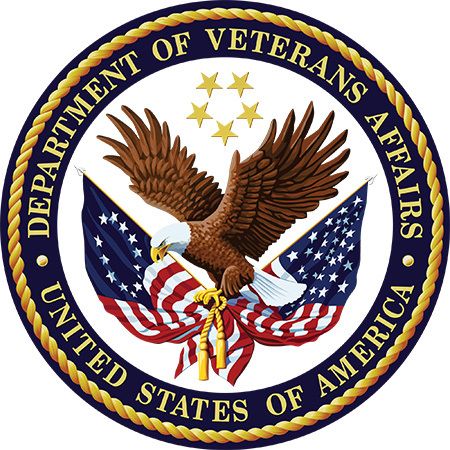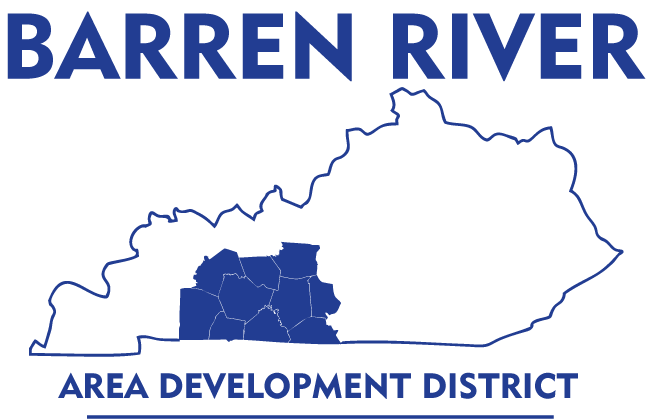Aging/Disability Resource Center
The objective of the ADRC is to be a “one-stop shop” for senior information and resources.
Community Services & Long Term Care
There is at least one Senior Center in every county in the BRADD. At the centers older persons can become acquainted with each other and learn about services available in the community.
State Homecare Program
Provides an array of essential services in the home of those Kentuckians over the age of 60 whose functional limitations and lack of adequate informal support creates a danger of institutional placement.
Medicaid Waiver PDS Programs
With PDS, an individual can choose who, when, how, and where non-medical services are to be provided.
Family Caregiver Support Programs
A federally funded program providing services to primary unpaid caregivers who are assisting elderly or raising a grandchild.
State Health Insurance Program
Provides assistance with access in public and private benefits that can often times be confusing to navigate.
Veteran Directed Home & Community Based Services
The purpose is to provide services based off personal needs to the eligible veterans in their own home, which will help to maintain his/her safety, health, and welfare.
Area Agency on Aging & Independent Living
is the recognized leader dedicated to providing access to a wide array of comprehensive community-based services and resources for older persons, disabled individuals and their caregivers, which will enable them to maintain independence, dignity, and quality of life while living in their own home and communities.
In order to fulfill our vision AAAIL administers programs like the Federal Older American’s Act, State Homecare, Center For Medicare and Medicaid, Medicaid Waiver programs and more .
The Title III Older Americans Act program provides for home and community-based services for elderly individuals 60 years of age and older. Included in the OAA is a wide array of in – home services such as assessment, case management, home-delivered meals, personal care, and home management. Older American’s Act also covers services offered through senior centers. Senior Centers are located in every county in the BRADD region. At the centers, elderly individuals can become acquainted with each other and learn about services available in the community. Services at Senior Centers include congregate meals, transportation, disease prevention and health promotion services, information and assistance, outreach, transportation, public information, disease prevention and health promotion.
The Homecare Program provides an array of essential services in the home of those Kentuckians over the age of 60 whose functional limitations and lack of adequate informal support creates a danger of institutional placement. Services include homemaker, personal care, home management, home delivered meals, respite, escort and assessment/case management.
Assessment: The collection and evaluation of information about a person’s situation and functioning to determine the applicant’s or recipient’s service level and development of a plan of care utilizing a holistic, person-centered approach by a qualified case manager.
Case Management: A process, coordinated by a case manager, for linking a client to appropriate, comprehensive, and timely home or community based services as identified in the Plan of Care.
Home Management: Provision of assistance with Instrumental Activities of Daily Living (IADLS) that include general household activities such as shopping, laundry and routine household care, provided by a trained homemaker.
Personal Care: Provision of assistance with Activities of Daily Living (ADLs) such as dressing, bathing, toileting, transferring in and out of bed/chair and walking. This service is provided when the person regularly responsible for these activities is temporarily absent or unable to manage the home and care for themselves or others in the home.
Respite: Care provided by an approved caregiver of an agency for a designated time period because of absence or need for relief of a primary caregiver.
Escort: Personal accompaniment of a frail elderly person who requires assistance to and from a medical appointment.
The Aging and Disability Resource Center provides information and assistance regarding programs and services that assist the elderly and disabled population throughout our BRADD ten-county region. The ADRC is housed within the BRADD/AAAIL and serves as a valuable tool to connect the aging and disabled population with the resources they need.
The BRADD State Health Insurance Assistance Program (SHIP) provides information, counseling and assistance to seniors and disabled individuals, their families and caregivers with the sometimes complicated red tape of Medicare, Medicaid, and other private and public health insurance programs. This service is provided at no charge, by local and well-trained counselors. The program seeks to educate the general public and Medicare beneficiaries so they are better able to make informed decisions about their health care. SHIP does not sell any health insurance products.
Funded under the Title III-E of the Older Americans Act, the Barren River Family Caregiver Support Program provides assistance to Family Caregivers caring for an elderly individual 60 years of age and older, or a relative caregiver 55 years of age and older caring for children not more than 18 years of age. Services provided for caregivers include:
Information about services,
assistance in gaining access to supportive services,
caregiver counseling,
education and support groups,
respite and supplemental services.
Grandparents Raising Grandchildren, or relative caregiver, may be eligible for services if they are 55 years of age or older and are caring for a grandchild or a child who is related to them by blood, marriage, or adoption. The grandparent or relative caregiver must live with the child who is age 18 or younger, be the primary caregiver of the child, and have a legal relationship to the child such as legal custody or guardianship, or is raising the child informally. The parents of the child cannot live in the same household. An adult age 19-59 with a disability may also receive services if they are under the care of a grandparent or relative caregiver. Services include information, access to supportive services, grandparent counseling, education and support groups, respite and supplemental services.
The Home and Community Based Waiver provides in-home supports for older adults and persons with physical disabilities that want to remain in their own home rather than in a Long-Term Care Facility. Anyone who is Medicaid-eligible and requires assistance with personal care, homemaking and supervision for safety may be eligible for this program. The program allows for Participant Directed Services which allows the member greater choices of their care providers. Under Participant Directed Services, a participant may hire a person of their choosing or the participant may choose a traditional agency also known as traditional waiver, to meet their care needs. HCBW Participant Directed Services and Traditional waiver provides in-home supports such as personal care, homemaking, respite and adult day care services.
Michelle P Waiver Services
Michelle P Waiver (MPW) is a Medicaid Waiver program developed as an alternative to institutional care for individuals with intellectual or developmental disabilities. MPW allows individuals to remain in their homes with services and support. Persons with developmental or intellectual disabilities who require a protective environment while learning skills, educational experience, awareness of their environment and meet Medicaid financial eligibility requirements are eligible for MPWs. MPW services may include community living supports, personal care, homemaking, and respite services. BRADD/AAAIL offers service advisor services for Michelle P Waiver Members.
Services will be provided by the BRADD/AAAIL to locate and assist Medicare beneficiaries
with completing applications for Low Income Subsidy (LIS) or “Extra Help,” which assists with Medicare Part D costs, as well as assisting with Medicare Savings Program applications, which help pay for the Medicare Part B Premiums.
Low Income Subsidy (LIS) program helps Medicare recipients pay for their Part D drug costs, assisting with co-pays, monthly premiums, and deductibles.
Medicare Savings Program (MSP) can help lower Medicare Part B costs, assisting with premiums, co-pays, and deductibles.
The ombudsman program is designed to receive, investigate, resolve and report complaints on behalf of residents in Long-Term Care Facilities. The Ombudsman assists with residents by empowering them to have a voice and understand their rights regarding their care. The LTC Ombudsman program recruits volunteers who advocate for and assist elderly and disabled individuals throughout their care.
Elder Abuse Prevention program is utilized to develop and strengthen community activities to prevent and treat elder abuse, neglect, and exploitations. The program also provides for a comprehensive approach to identifying and assisting older individuals subject to abuse, neglect and exploitation. This takes place in coordination with other state and local programs and services to protect vulnerable elderly individuals.
Aging/Disability Resource Center
Is funded through the Administration on Aging. It is a collaborative effort between the Administration on Aging and the Centers for Medicare and Medicaid Services.
The ADRC provides information regarding long-term care services, public assistance programs, and private businesses.
Anyone can make a referral for information about services listed on this website by calling at (270-782-9223) OR (1-800-395-7654).
Once a referral is received, an intake worker will call the person needing services and complete a priority rating, and place that person on the waiting list, or an appointment will be set up depending on the program needed. Persons are prioritized by the greatest need.
Senior Centers & Long Term Care Ombudsman Services
Senior Centers Services
There is at least one Senior Center in every county in the BRADD. At the centers older persons can become acquainted with each other and learn about services available in the community.
Congregate Meals are served at senior centers to eligible individuals over 60 years of age and their spouse or disabled individuals living in non-institutional households who accompany persons eligible for congregate meals. Meals are served five days weekly at lunch time.
Home Delivered Meals are served to eligible individuals who are over the age of 60 years and their spouse, and disabled individual living in non-institutional households with an eligible consumer at their place of residence.
The meals shall provide one-third (1/3) of the dietary reference intakes (DRI), meet the requirements of the most recent Dietary Guidelines for American’s, and have been approved by a licensed dietitian or certified nutritionist.
Other services offered by senior centers include the following:
Transportation, Public Education, Nutrition Education, Telephone Reassurance, Information and Assistance, Outreach and Disease Prevention and Health Promotion Programs.
State Homecare Program
The Homecare Program provides an array of essential services in the home of those Kentuckians over the age of 60 whose functional limitations and lack of adequate informal support creates a danger of institutional placement. Services include Assessment, Case Management, Personal Care, Home Management, Home Delivered Meals, Respite, and Escort.
ELIGIBILITY
Family Caregiver Support Programs
The National Family Caregiver Support Program is a federally funded program providing services to primary unpaid caregivers who are assisting elderly or raising a grandchild.
ELIGIBILITY
A family caregiver is defined as an adult family member or other individual who is an informal or unpaid provider of in home services and community care services for a “frail” older individual who is 60 years of age or older or an individual of any age with Alzheimer’s Disease or related disorders.
The term “frail” means that the older individual is unable to perform at least 2 activities of daily living without substantial human assistance, including verbal reminding, physical cueing or supervision.
Also due to cognitive or mental impairment, the individual requires substantial supervision due to behavior that poses a serious health or safety hazard to the individual or another person.
A grandparent or older individual who is a relative caregiver means a grandparent or step-grandparent of a child, or a relative of a child by blood, marriage, or adoption (does not include a parent) who is 55 years of age or older and—
Lives with the child (age 18 or younger)
Is the primary caregiver of the child because the biological or adoptive parents are unable or unwilling to serve as the primary caregiver of the child; and
Has a legal relationship to the child, as such legal custody or guardianship, or is raising the child informally
Or is caring for an adult 18yrs old or older with a disability, if under care of grandparent or other relative.
Must be a grandparent related to the child by blood, marriage, or adoption.
The grandparent is the primary caregiver of the child because the biological or adoptive parents are unable or unwilling to serve as the primary caregivers of the child.
The total family household must be at or below 150% of the federal poverty guidelines.
Child must be 18 years of age or younger.
BRC 1:1 Application: A grandparent shall complete, sign, and submit a DAIL-KFC-1 Application for Kentucky Caregiver Support Program Services. The Barren River Kentucky Caregiver Support Program will review an application with grandparents to determine eligibility through the application process.
BRC 1:2 Demographics: The application will collect data concerning the demographics of individual grandparents and their grandchildren
BRC 1:3 Relationship: The application will establish clearly the relationship of the child to the grandparent. The grandparent must be related to the grandchild by birth, marriage or adoption.
BRC 1:4 Household Income: The application will establish the gross household income and document verification provided by the grandparent through proof of income by: A federal tax form, a W2 form, a pay stub, or other documentation of monthly income.
BRC 1:5 Living Arrangements of Household: The application will document the living arrangements of the grandchild and grandparents to include all persons living at the residence.
BRC 1:6 Residency: The residency of the grandparent will be established per the application and documented. Proof of residence will be provided through a driver’s license or state issued ID, voter registration, rent payment, electric bill, or deed.
BRC 1:7 Need per Grandchild: The application will document the need per grandchild.
BRC 1:8 Formal and Informal Support Systems: The application will document if the grandchild/grandparent is receiving any type or formal or informal support system, such as but not limited to: Lifeskills, family members, etc.
BRC 1:9 Priority Rating: The Barren River Kentucky Family Caregiver Program through the completion of the application will consider applicants based on a priority rating, with applicants that did not receive services through the program in the past fiscal year, receiving a higher priority. It is at the discretion of the KFCP Coordinator and AAAIL Director to recognize any crisis situations which may need immediate attention.
There are 5 basic services as required by the U. S. Department of Health & Human Services
Medicaid Waiver Program
Participant Directed Services (PDS) gives Medicaid waiver members more choices in the way some Medicaid services are provided. With PDS an individual can choose who, when, how, and where non-medical services are to be provided. Individuals may hire and supervise qualified family members, friends, neighbors, agencies or others to provide needed services. If an individual is unable to direct their own services, a friend or family member can be appointed as a representative to assist.
ELIGIBILITY
Medicaid eligible individuals may enroll in one of the following Medicaid Waiver Programs:
Participants must be over the age of 65, blind or declared physically disabled by Social Security.
Provides PDS attendant care, respite, PDS coordination, goods and services, and minor home adaptation
To qualify, individuals must have an intellectual or developmental disability, require a protected environment while learning living skills, and would be admitted into an intermediate care facility or a nursing facility if not for waiver services.
Provides community living supports, respite, homemaker service, behavior supports, supported employment, adult day training, personal care, and attendant care.
Provides specialized respite, attendant care, and adult day health care from a home health agency, and adult day care center, or any combination of them.
State Health Insurance Program (SHIP) – Benefits Counseling
provides assistance with access in public and private benefits. Medicare, Medicaid, private and other public programs can be confusing to the average community member; SHIP volunteer counselors are here to provide one-on-one assistance. Counselors can assist in comparing supplemental insurances, understanding policies, and applying for assistance. Information and assistance in filling out prescription drug discount program applications is also available.
Individual must be over the age of sixty or disabled. Family members and caregivers are also eligible for services.
Veteran Services
Barren River Veteran Directed Home & Community Based Services
The Veterans Health Administration (VHA) and the Administration for Community Living (ACL) have formed a partnership to develop Veterans Directed Home and Community Based Services (VDHCBS) programs to enhance home-based supports for veterans. The purpose of the Veteran Directed Home and Community Based Service program is to provide services based off personal needs to the eligible veterans in their own home, which will help to maintain his/her safety, health, and welfare. The program allows the veteran to elect and employ their own caregiver. The VDHCBS program includes a functional assessment, home-based services, options counseling, support services, and financial management services. The VDHCBS program does not duplicate any services already provided by the Veteran’s Administration Medical Center (VAMC).

f.a.q.
Who Qualifies?
To qualify for the Barren River VDHCBS Program, you must first
Potential Services
The Barren River Area Agency on Aging and Independent Living (AAAIL) provides assistance for arranging self-directed services based upon the needs and preferences of the participating veterans and/or their authorized representative. AAAIL provides or arranges for the following (but is not limited to) VDHCBS program services
ASSESSMENT AND REASSESSMENT
HOME AND COMMUNITY BASED SERVICES (HCBS)
OPTIONS COUNSELING
SUPPORT SERVICES INCLUDING CARE MANAGEMENT
Referrals
All referral for services through the BRADD/AAAIL can be made by calling or filling out the contact form.

